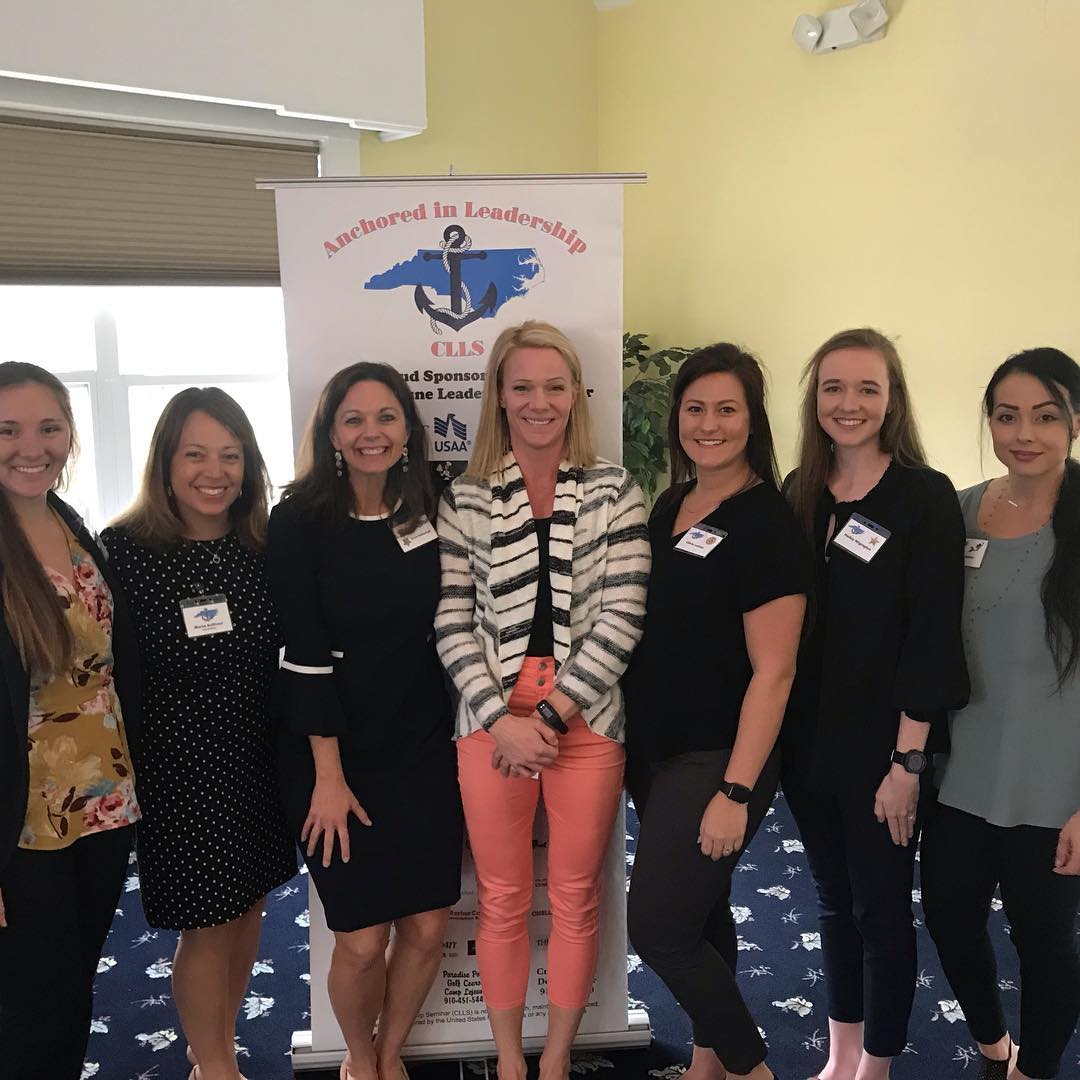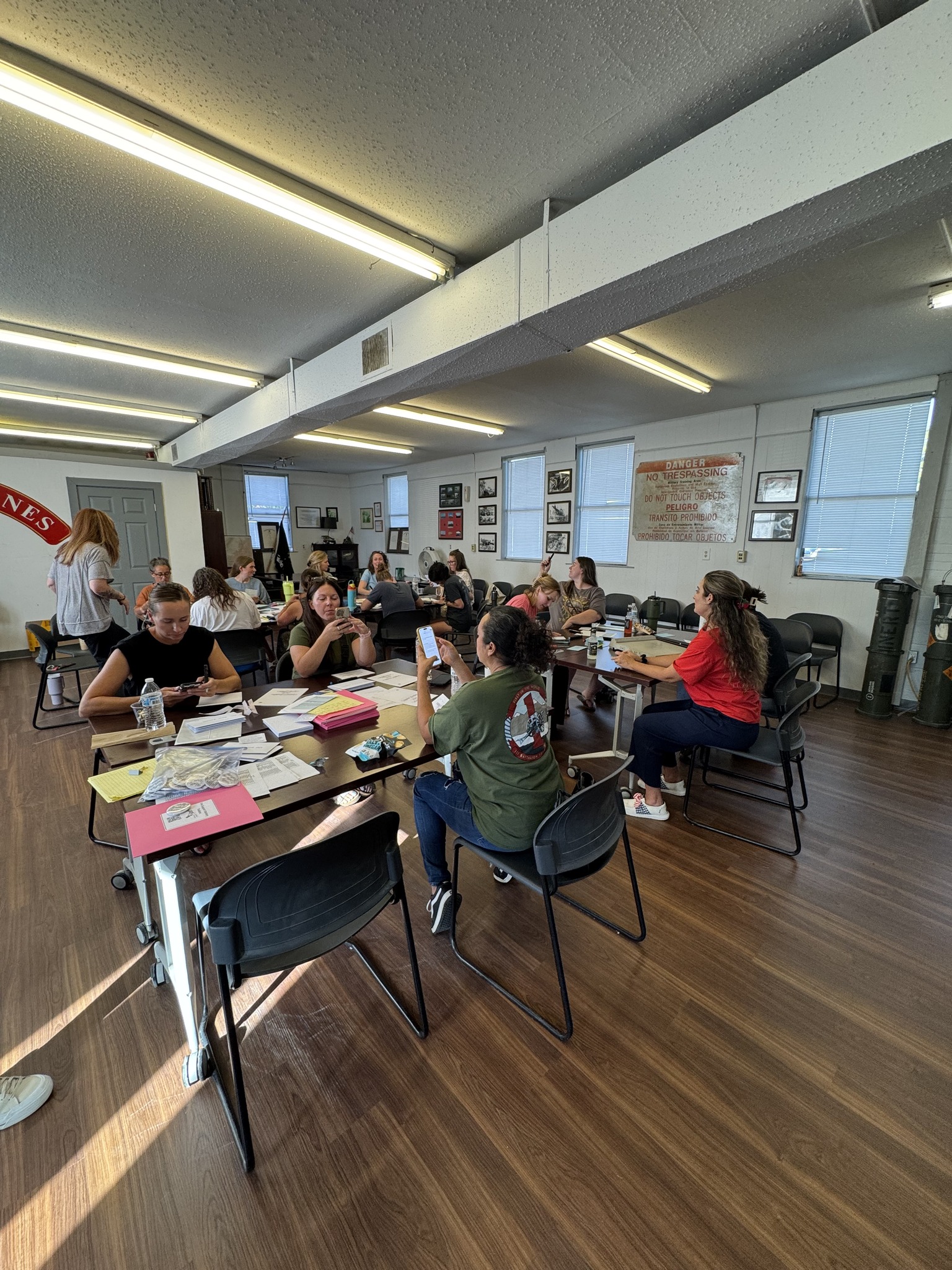
Why I Believe in Military Spouse Volunteerism: How Giving Your Time Can Give Back Even More
Posted on: August 11,2025Every so often, a conversation in our community makes me pause and reflect. Recently, it was a Facebook post about military spouse volunteerism and its connection to unemployment. While I understand the concerns — and agree it’s an important discussion — my own experiences, and the stories I’ve seen unfold, tell a broader and brighter story.
In the military spouse world, volunteerism is part of our DNA. I’ve volunteered during busy seasons of full-time work and in quieter seasons of transition. I’ve seen it lead to jobs, friendships, new skills, and a sense of belonging in places that were brand new to me. For many of us, it’s not just about filling a role — it’s about finding purpose, connection, and community.

Volunteering Is for Everyone
One of the most important things I’ve learned is that volunteering isn’t only for those in between jobs or for stay-at-home moms and dads. I know military spouses who own businesses, work full-time, serve in the Reserves, go to school, and raise kids — all while giving their time to causes they believe in.
Some volunteer because they’re passionate about a mission. Some want to stay connected while adjusting to a new duty station. Others see it as a chance to keep skills sharp or try something new. And yes, sometimes volunteering opens the door to a future job.
The common thread? Every volunteer I’ve met has poured their heart into making their community stronger — and in doing so, has found friendship, purpose, and personal growth along the way.
The (Not-So) Hidden Gift: Connection
Confession time — I’m not a volunteer saint. Sure, I give my time because I care, but I also love what I get out of it. One of the best perks? Connection.
When we move every two or three years, it can feel like hitting the reset button on life: finding new friends, learning the local quirks, figuring out which grocery store has the good produce that doesn’t spoil quickly. Volunteering fast-forwards that whole process. Suddenly, you’re surrounded by people who share your values, your sense of humor, and maybe even your love of 7a.m. pickleball (looking at you Lisa). Those connections? They can turn into lifelong friends, wise mentors, and the kind of professional references who already know you can juggle a bake sale, a board meeting, and a PCS all in the same week.
I’ve experienced this firsthand.
Today, I serve as the Vice President of Marine and Spouse Programs for the Marine Corps Association. I was hired by LtGen Charles Chiarotti (Ret), someone I had never worked with during my active-duty career. He got to know me through my volunteer work with the USMC PCS Advocacy Council. He saw my skills, leadership style, and passion for serving the community — and when a position opened, he knew I was the right fit.
That’s the power of connection.
Volunteers Are Not Being Taken Advantage Of
I know there’s a concern that volunteering means being “used” to fill staffing gaps or that it worsens military spouse unemployment. I see it differently.
Volunteers are not victims — they’re leaders, innovators, and problem-solvers who make an informed choice to give their time. Many of the Marine Corps’s most impactful community programs weren’t designed by the DoD to be volunteer-run; they were started by spouses who saw a need and decided to act.
And while we do need better systems for spouse employment — more flexible jobs, licensing reform, and remote work options — blaming volunteerism for unemployment can distract from addressing the real barriers. That narrative can also unintentionally undervalue the enormous good volunteers do every single day.

The Power of Healthy Boundaries
One skill volunteering has taught me is how to know my limits and protect my time. I give my “best yes” — committing to opportunities where I can truly add value — and I (try to) set realistic boundaries (most of the time) so that I’m not stretched so thin that my service becomes a burden.
I remind myself that “no” is always an option, and that saying it can leave room for the right “yes” later. Volunteering should give you joy, not make you resentful.
What You Get When You Give
Volunteering doesn’t come with a paycheck, but the return on investment can be huge:
- Learning new skills
- Gaining leadership experience
- Expanding your professional network
- Finding purpose in a new place
- Leaving a positive mark on your community
For me, the friendships, professional growth, and sense of belonging I’ve gained from volunteering have been worth every hour (and then some!) I’ve given.
An Invitation
If you’ve been thinking about getting involved, consider this your invitation. Say yes to coaching youth sports, serving on a spouse club board, mentoring a new family, helping at a resource fair, or lending your talents to a nonprofit.
You never know who you’ll meet, what you’ll learn, or where it might lead.
Because at its heart, volunteerism is about more than filling a role — it’s about building the kind of community we all want to be part of. And that’s something worth saying yes to.

Marta Sullivan is a veteran and spouse of an active-duty Marine. She is passionate about programs and initiatives that support and promote the well-being, quality of life, professional development, and economic opportunity of military spouses, veterans, and their families. She currently serves as Vice President, Marine and Spouse Programs at the Marine Corps Association.




